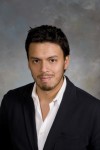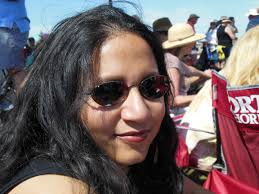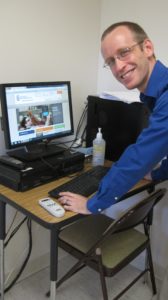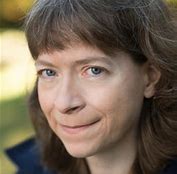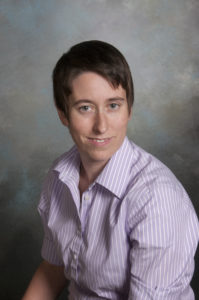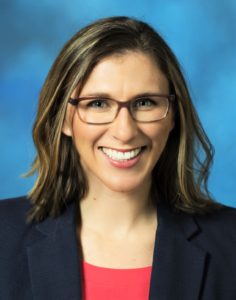
Assistant Professor of Communication Emily Deering Crosby
Emily Deering Crosby, Assistant Professor of Communication, recently presented her research at the International Communication Association Preconference “Sports Communication and Social Justice” held at American University. Her research, entitled “Larry Nassar and Rhetorical Monster-Making: Political Subversion in the #MeToo Sports Era,” explores the rhetorical process of “monster-making” (Ingebretsen, 1998) as it unfolded during the 2018 Larry Nassar criminal case, when the former U.S. Gymnastics doctor was tried and convicted of sexual assault. By analyzing the survivors’ televised courtroom testimonials, this research contributes to scholarship on the #MeToo movement that rarely engages sports culture.
On September 20, 2019, Dr.Crosby, was also inducted into Allegheny College’s Athletics Hall of Fame for her lacrosse career before graduating in ’06: https://alleghenygators.com/news/2019/5/31/allegheny-reveals-2019-athletic-hall-of-fame-class.aspx.
